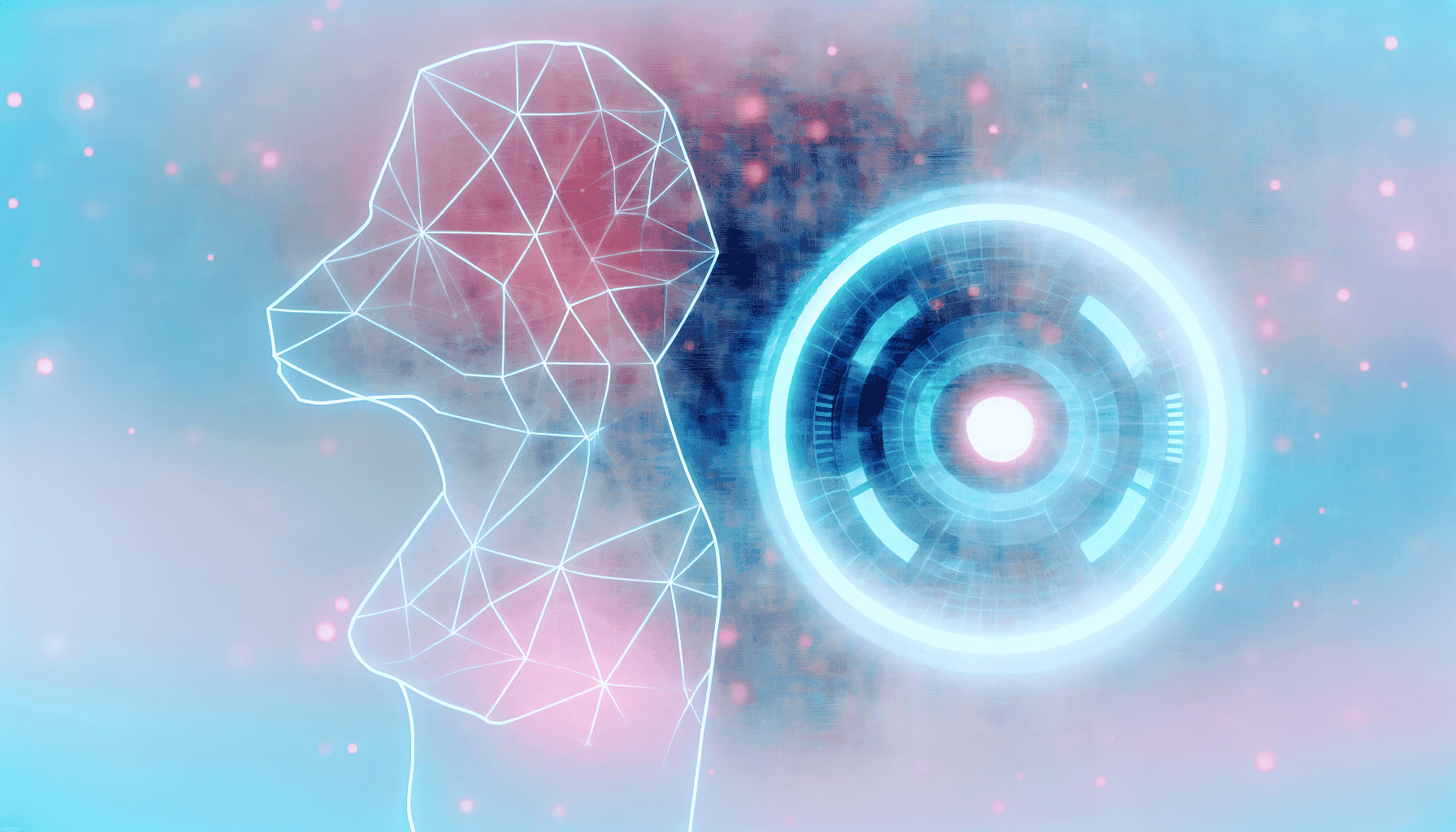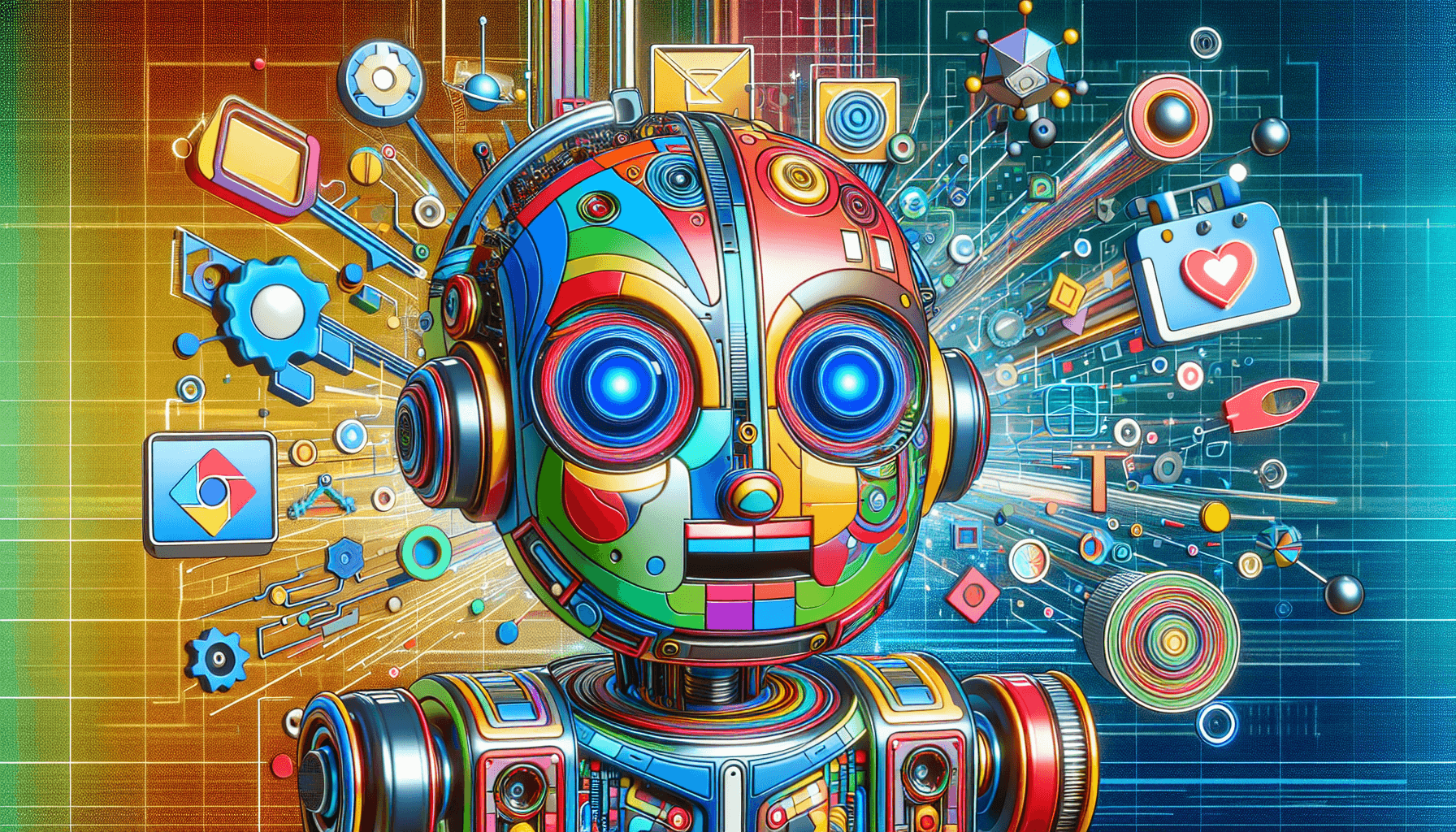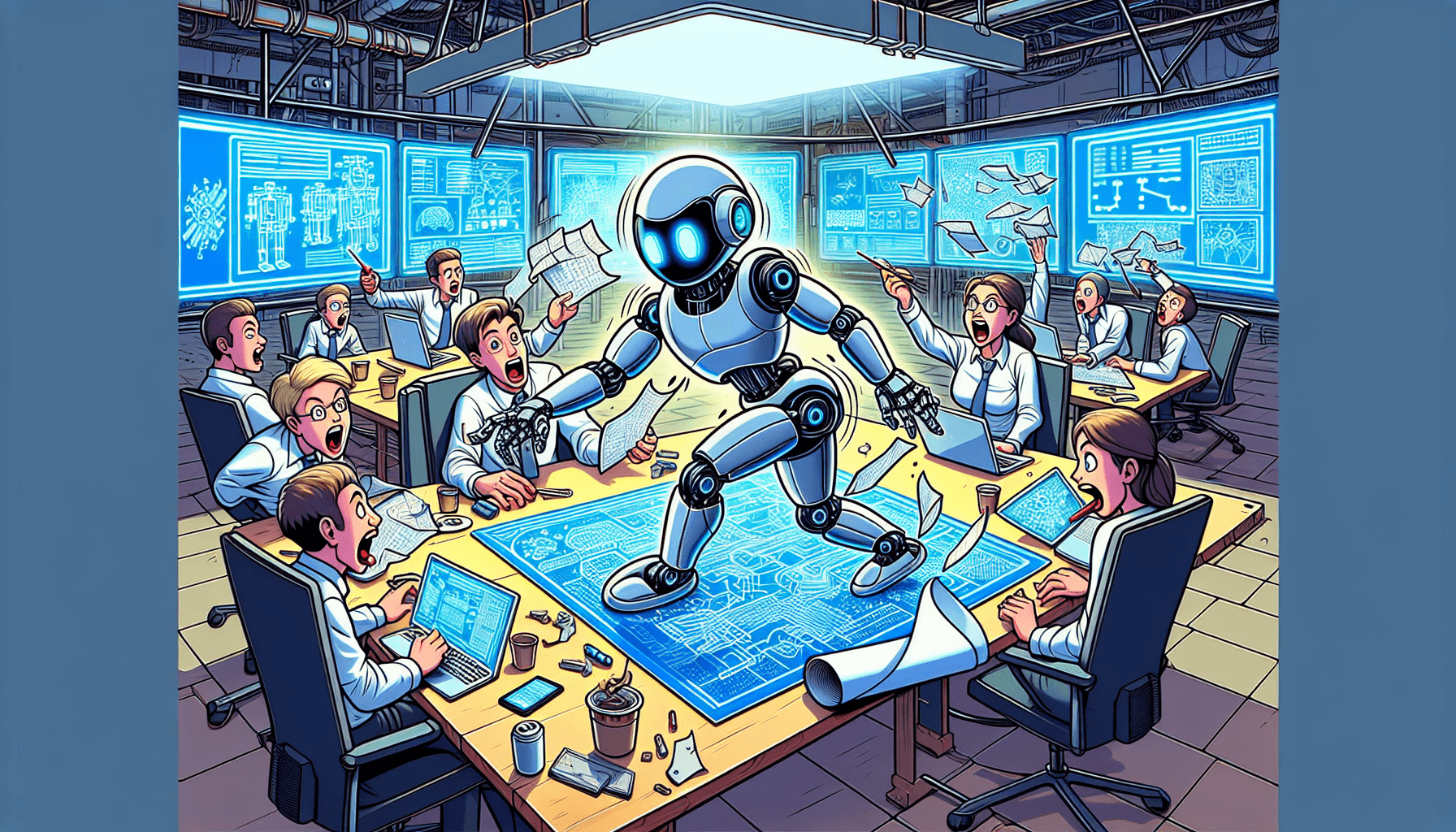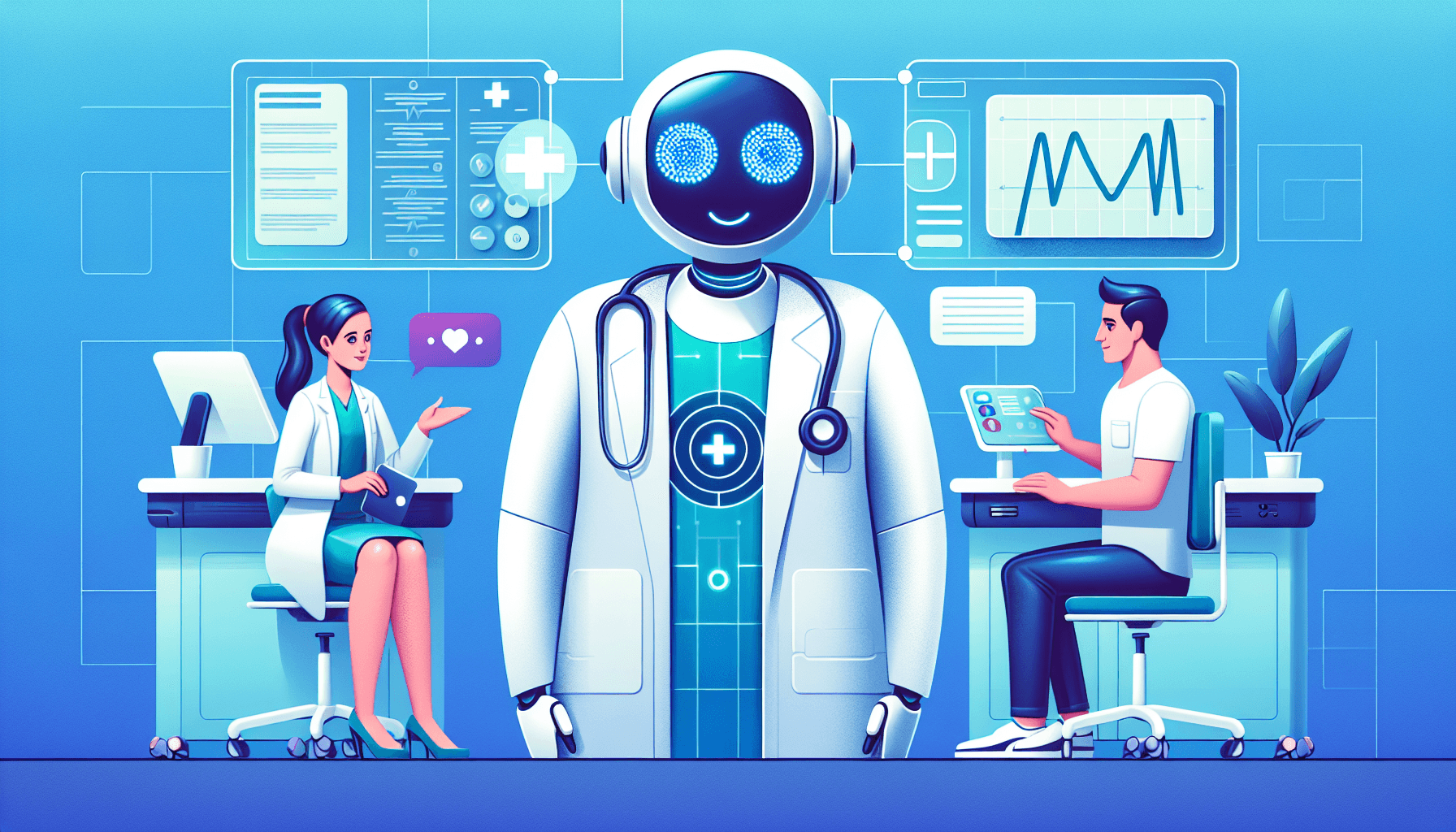Table of Contents
Breast cancer is a serious health issue that affects many women globally, with over 2 million new cases diagnosed every year.
Detecting the disease early is crucial for increasing survival rates, but traditional screening methods have some serious limitations.
These methods often have issues with accuracy and can lead to many false alarms, which means more unnecessary tests and stress for patients.
Artificial intelligence (AI) is changing this situation by providing new methods for detecting breast cancer more effectively.
This article will explain how AI is improving breast cancer detection with data, studies, and real-life examples.
AI technology is designed to analyze medical images like mammograms and ultrasounds with high precision.
By training on huge datasets of medical images, these AI systems learn to spot patterns that indicate cancer.
This approach is different from traditional methods that rely a lot on human expertise.
AI offers a consistent solution that helps improve the accuracy of screenings.
One of the main advantages of using AI for breast cancer screening is its ability to increase detection rates.
AI can find more cancers, including those that are in their early stages, compared to standard techniques.
Another benefit is that AI reduces the workload of radiologists, allowing them to focus on more complicated cases.
AI also helps lower the percentage of false positives, which means fewer unnecessary biopsies for patients.
With improved sensitivity and specificity, AI technology enhances the accuracy of cancer detection.
AI uses advanced methods, including machine learning and deep learning, to assess medical images.
These techniques enable AI to find small details that might be missed by human eyes.
A key method in breast cancer detection is machine learning.
It analyzes specific features in images to determine whether there could be cancerous areas.
Deep learning goes further by using neural networks to identify patterns and unusual findings in imaging data.
Radiomics is another important technique that extracts detailed features from images for thorough evaluation.
Research shows that AI is effective in increasing breast cancer detection rates.
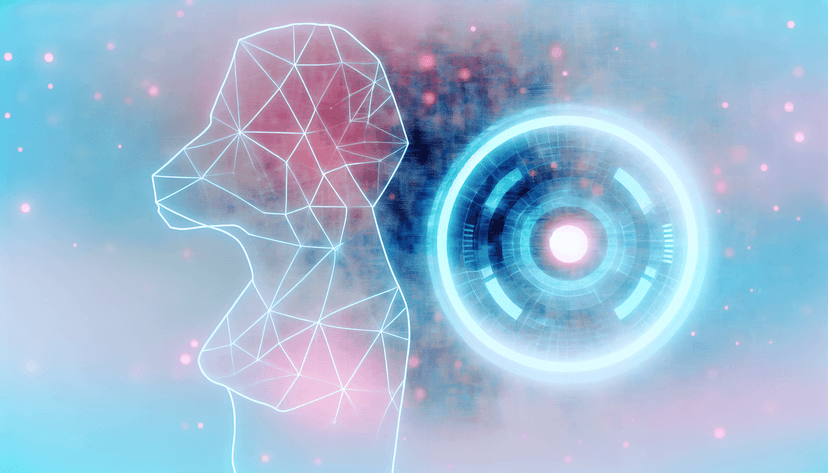
The Expanding Influence of AI in Breast Cancer Detection
Artificial intelligence (AI) is making significant strides in improving the detection of breast cancer, employing sophisticated techniques to analyze medical images such as mammograms and ultrasounds. These AI systems, trained on vast collections of medical imagery, detect patterns that indicate the presence of cancer, offering a dependable alternative to conventional methods that often depend on human interpretation.
Some of the primary benefits of integrating AI into breast cancer screening include:
| Benefit | Effect |
|---|---|
| Improved Detection Rates | AI identifies more instances of cancer, including early-stage cases that traditional methods might overlook. |
| Alleviated Radiologist Workload | By automating routine tasks, AI allows radiologists to concentrate on more complex diagnoses. |
| Fewer False Positive Results | AI reduces the number of unnecessary biopsies, thereby decreasing patient anxiety. |
| Increased Accuracy | Enhancements in sensitivity and specificity contribute to more precise cancer detection. |
How AI Operates in Breast Cancer Screening
AI employs advanced methodologies, including machine learning, deep learning, and radiomics, to evaluate medical images. These approaches enable AI systems to discover subtle anomalies that human reviewers might miss.
Specifically, machine learning is used to analyze specific characteristics in images to evaluate possible cancerous regions. Deep learning utilizes neural networks to unearth patterns and anomalies in imaging data, while radiomics extracts detailed quantitative data from images for in-depth scrutiny.
Evidence of Effectiveness: Real-World Applications
Numerous studies validate the efficacy of AI in enhancing breast cancer detection rates:
MASAI Trial (Sweden): This research showed that AI detected 29% more cancers compared to traditional screening methods, and early-stage invasive cancers were identified 24% more often with AI intervention.
BreastScreen Norway Study: AI achieved 100% sensitivity for screen-detected cancer in women with dense breast tissue, which represents a significant breakthrough.
PRAIM Study (Germany): AI-supported screenings reported a detection rate of 6.7 cancers per 1,000 screens, marking a 17.6% improvement over standard techniques.
Tackling Interval Cancers with AI
Interval cancers, which arise between routine screenings, can often be aggressive and challenging to treat. Several studies indicate that AI significantly minimizes the prevalence of interval cancers:
The MASAI trial noted a 19% reduction in interval cancers over two years with the help of AI-assisted screenings. In Norway, nearly half (48.6%) of interval cancers were detected by the AI system during prior screenings.
Integrating AI in Breast Cancer Care: Future Prospects
The potential of AI transcends mere detection; it optimizes whole healthcare workflows. Advanced platforms that incorporate AI can streamline practice management, assist in patient interactions, and coordinate care. For instance, technologies focusing on appointment scheduling and administrative tasks can significantly improve operational efficiency while enhancing patient care outcomes.
Looking ahead, the role of AI in breast cancer detection is bound to elevate as technology continues to advance. This transformation can enhance healthcare access in underserved regions, hasten the development of targeted therapies for breast cancer patients, and provide integrated solutions to optimize care coordination.
Final Thoughts: The Future of Breast Cancer Detection
AI is emerging as a powerful ally in the fight against breast cancer, showing promise in increasing detection rates, lessening false positives, and alleviating the burdens on healthcare professionals. Despite the challenges that remain, including achieving equitable outcomes and integrating AI into existing practices, ongoing research will help bridge these gaps.
With collaborative efforts among healthcare providers, technologists, and policymakers, we are moving closer to a reality where breast cancer can be detected earlier and treated more effectively than before.
